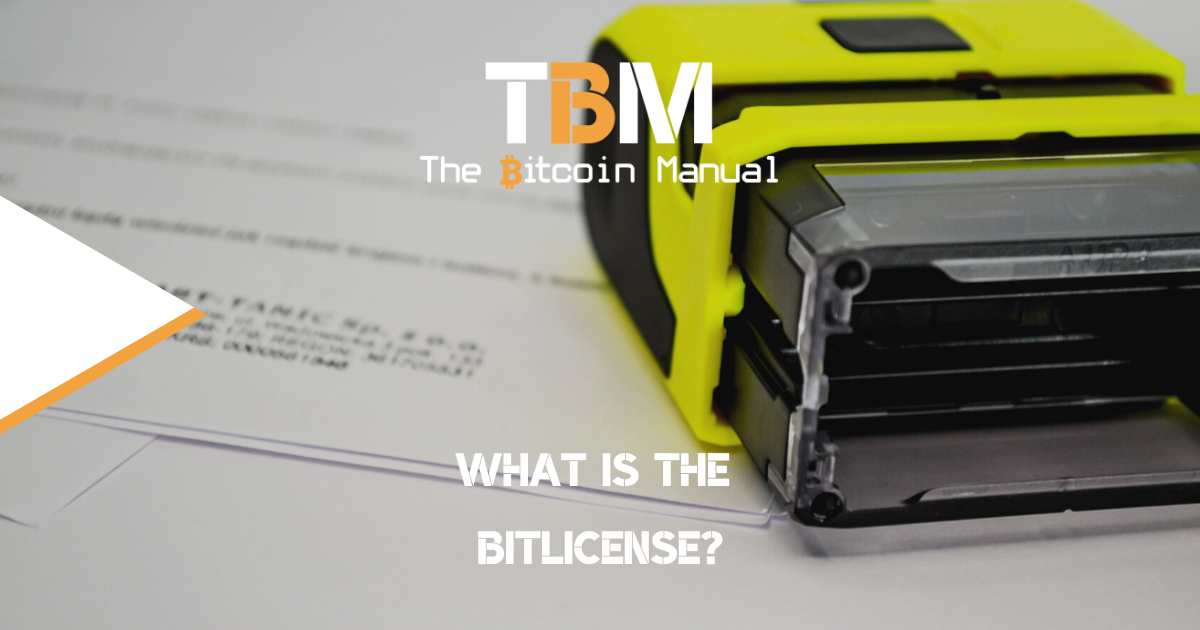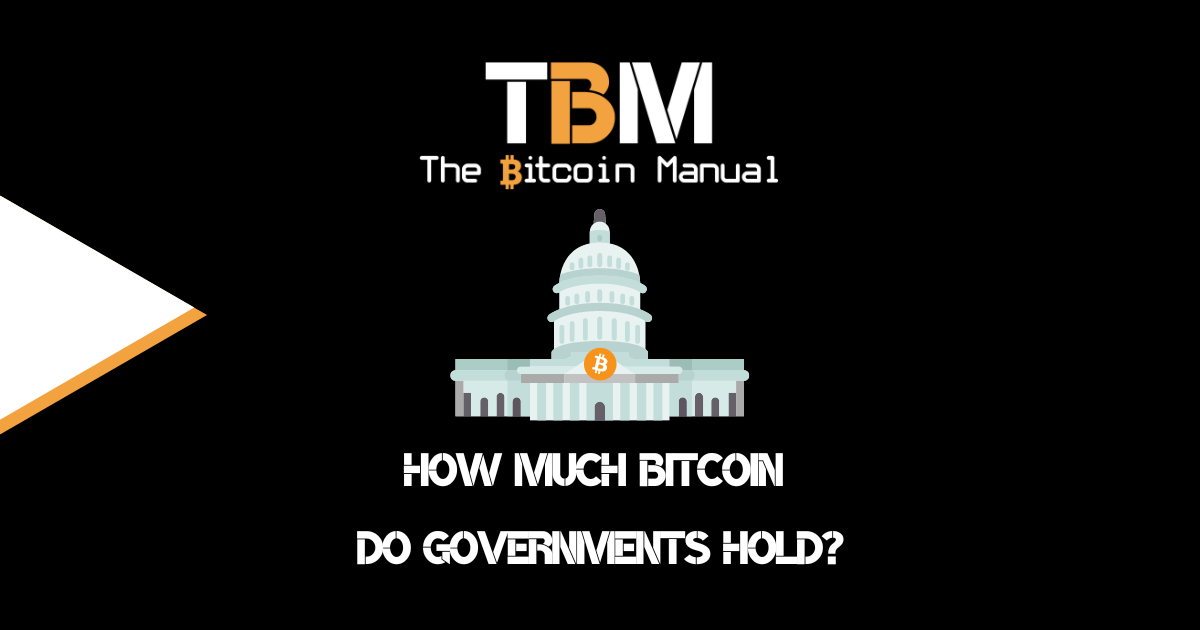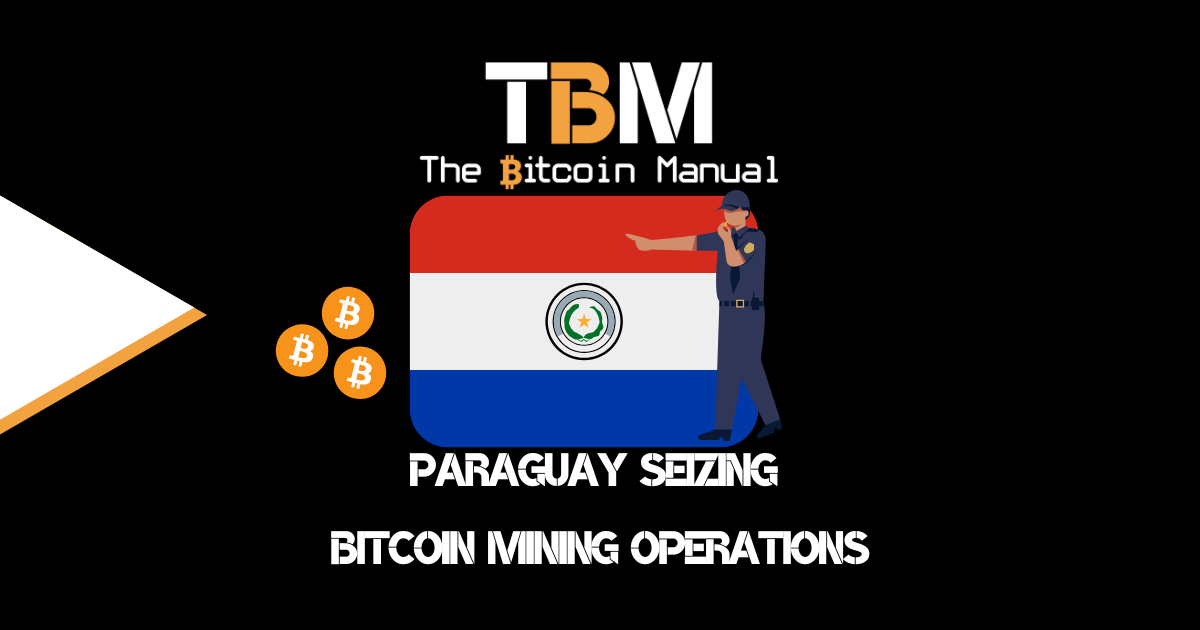The introduction of Bitcoin is often labelled as a disruptive technology, and any discovery that renders previous ways of doing things pointless will upset established players who want to slow down its adoption. While history shows that adopting new technologies doesn’t end well for those trying to hold on to the old way, it will not stop the powers that be from trying.
The regulation of the Bitcoin industry is still in its early stages, but it is likely to become more stringent in the years to come as it takes profits away from certain players. As Bitcoin eats into other industries’ market share, you will see it attacked legally and politically.
It will be done under the guise of consumer protection, and you’ll hear how all these laws are justified due to the growing risks of Bitcoin and its scam-riddled altcoin sector that are lumped together as one market.
What are the key concerns of regulators?
- The risk of fraud and manipulation. The cryptocurrency market is still relatively new and unregulated, which makes it vulnerable to fraud and manipulation. For example, there have been cases of cryptocurrency exchanges being hacked, and of people being scammed by fake investment schemes.
- The risk of money laundering and terrorist financing. Cryptocurrency can be used to anonymously transfer large sums of money, which makes it attractive to criminals. For example, the dark web is full of websites that accept cryptocurrency payments for illegal goods and services.
- The risk of market instability. The price of Bitcoin and other cryptocurrencies is volatile, which means that it can fluctuate wildly in a short period of time. This can make it difficult for investors to assess the risk of their investments, and it can also lead to market instability.
- The lack of consumer protection. There is currently no comprehensive consumer protection framework for cryptocurrency, which means that investors are not adequately protected from fraud and other risks.
What is the BitLicense?
The first BitLicense was issued in 2015 to much criticism and remains contentious today. A company or individual based in New York State looking to service customers residing in this region has to obtain a Bitlicense to transmit, custody or perform exchange services or issue a virtual currency.
Those seeking Bitlicense approval must pass an inspection from an NYDFS superintendent. The superintendent will investigate the licensee’s financial condition, business experience, character, and fitness.
The NYDFS requires licensees to maintain a surety bond or a trust in U.S. dollars sufficient to ensure the financial integrity of the individual or company. A custody provider must fully possess the amount and type of virtual currency under management.
The minimum bond for custodians is generally $500,000. BitLicense also prescribes reporting and financial disclosure, cybersecurity, and Anti Money Laundering program requirements.
Licensees must establish and maintain a plan for Business Continuity and Disaster Recovery (BCDR) as an additional requirement. The BCDR plan shall describe the licensee’s process for protecting essential documents, data, and critical infrastructure in an emergency. A licensee shall also maintain backup facilities, records, and data as identified in the BCDR plan so the business may continue.
While the BitLicense applies to any company that deals with custodianship of funds, there are particular carve-outs, such as exceptions for software companies, merchants, and consumers who use cryptocurrency for payments or as investment vehicles.
What is the intention of BitLicense?
The BitLicense might be onerous, but regulators have several examples of failed exchanges like Mt Gox and Quadriga CX, which failed and left customers high and dry. Regulators feel that if they had proper rules, guidelines and enforcement in place, customers would have never been exposed to the risks of losing funds.
Under the BitLicense, companies would:
- Requiring cryptocurrency businesses to register with regulators. This will allow regulators to monitor these businesses and ensure that they are complying with the law.
- Requiring cryptocurrency businesses to implement anti-money laundering and counter-terrorism financing measures. This will help to prevent criminals from using cryptocurrency to launder money or finance terrorism.
- Providing guidance to investors on the risks of cryptocurrency investment. This will help investors to make informed decisions about whether or not to invest in cryptocurrency.
Regulation is reactive and not proactive; while the BitLicense is based on failings of the past, it couldn’t do much to prevent future failings in the Bitcoin and altcoin market. It was trivial for those that wish to play in this market and avoid dealing with these regulations have chosen to set up offshore as FTX did in the Bahamas.
While offshore companies could avoid compliance issues, they also found ways and means to perform criminal acts and gross negligence that lead to customers losing their funds.
The impact of the BitLicense.
The BitLicense hasn’t been without its fair share of criticism and controversy. Critics argue that the high barriers to entry stifle innovation, making it difficult for startups and smaller players to comply and operate in the state. These concerns have prompted discussions about the need for a more balanced approach that fosters innovation without compromising consumer protection and regulatory oversight.
The BitLicense adds a regulatory burden to businesses and consumers as it requires the compliance programs such as Anti-Money Laundering (AML) and know-your-customer (KYC).
Furthermore, BitLicense’s impact extends beyond the borders of New York. As one of the first comprehensive regulatory frameworks for digital assets in the United States, it has influenced other states and countries seeking to establish their own guidelines.
The Bit between the teeth
The BitLicense is a complex and controversial regulation that has significantly impacted the cryptocurrency industry in New York State but also as a way to gatekeep access. As companies with deep pockets and connections are able to secure approvals, they have become a badge of honour to boast to clients, shareholders and even future investors.
The BitLicense doesn’t guarantee that a company will successfully operate or manage your funds correctly; even one that runs above board could lose access to keys or send funds to an incorrect unrecoverable address, leaving them with a hole in their balance sheet.
This approval is NOT a replacement for self-custody, and if you dabble in Bitcoin, there is no safer way to hold your funds than in a wallet that only you can sign.
Where do we go from here?
The future of the BitLicense is uncertain, but it will likely remain a significant issue for cryptocurrency businesses in the state of New York. Since Bitcoin is global money, making it harder to do business in one area only encourages entrepreneurs and scammers to move elsewhere, which has been evident over the last eight years.
Today there are Bitcoin-related companies in several major markets worldwide and even ones opening up in developing markets. Bitcoin and related companies are finding demand for their services, and no regulation will stop this sea change.
Do your own research.
If you want to learn more about Bitcoin regulation, use this article as a jumping-off point and don’t trust what we say as the final say. Take the time to research, check out their official resources below or review other articles and videos tackling the topic.




